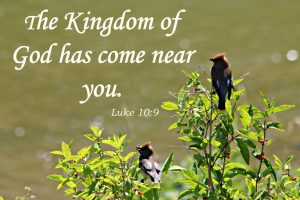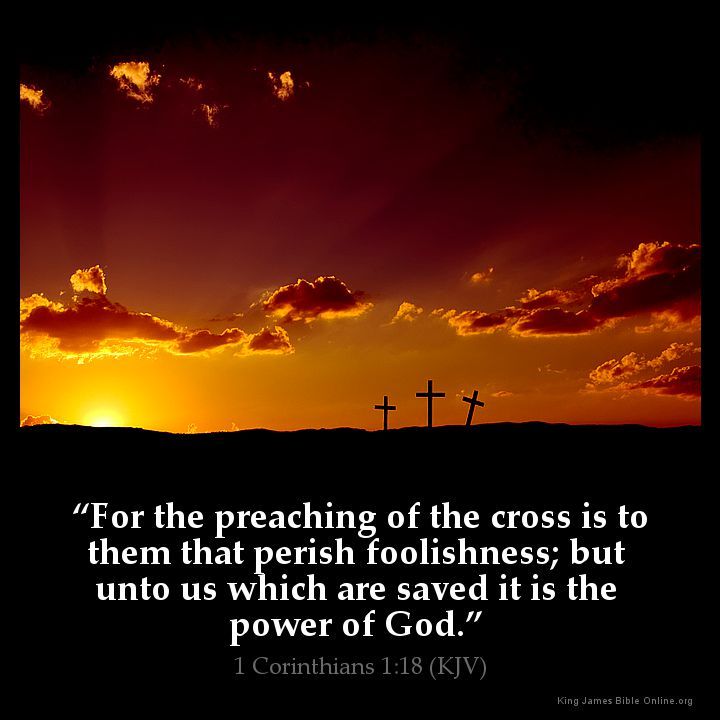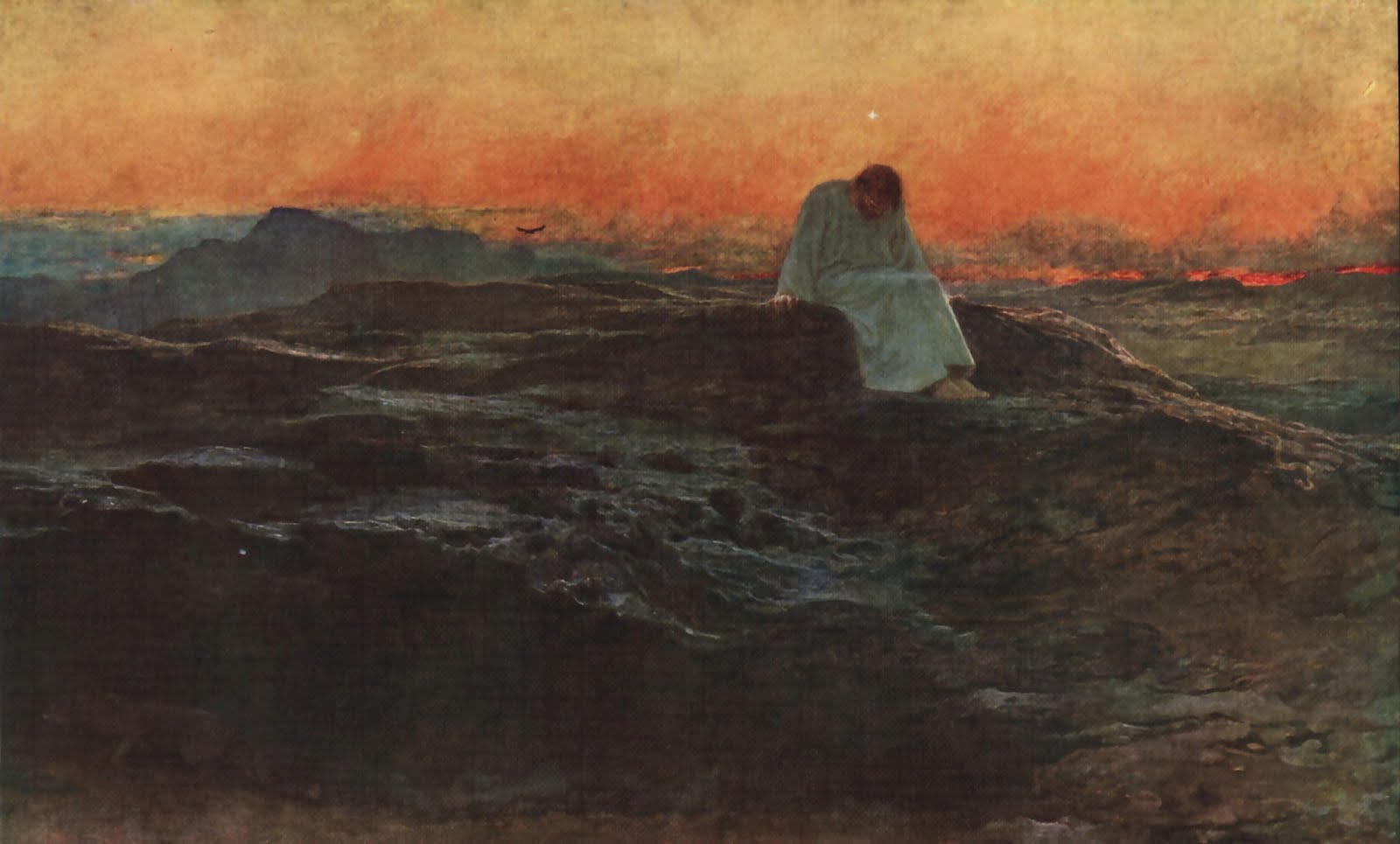 Y for Yeast
Y for Yeast
Some people dream of doing great things in life.
Many want to achieve some worthwhile goal.
Others try to distinguish themselves with important achievements.
There is nothing wrong with this – on the contrary, it is important to have some ideal in life.
But this should not make us forget the importance of… small things.
Do you remember the slogan of some years ago: “Small is beautiful”?
It is even the title of a well-known book in some circles. *
What is interesting to remember is that Jesus thought along those lines!
Two sentences of what he said have been made into a parable –
only two sentences to describe God’s kingdom!
“Again he asked, “What shall I compare the kingdom of God to?
It is like yeast that a woman took and mixed into about sixty pounds of flour
until it worked all through the dough” (Luke 13:20-21).
Women know it, and chefs do also: it takes a tiny bit of yeast to have a large amount of dough rise.
Jesus compares the kingdom of God to this process!
The kingdom of God – an amazing reality that includes so much… coming from very little, if we think of it…
God’s life-giving presence, God’s saving action… reaching people through:
– a little good-will to recognize someone’s need…
– a small amount of generosity…
– a bit of true compassion…
– a little thoughtfulness for people around…
– a small gesture of forgiveness to someone…
– a bit of readiness to give help…
– a tiny bit of self-forgetfulness…
– a small amount of empathy…
Every ounce of each one’s contribution – the personal ‘yeast’ of you and me –
this builds and spreads God’s kingdom since God himself makes use it!
* Note: SMALL IS BEAUTIFUL, A study of Economics as if People Mattered, E.F. Schumacher
 In the gospel of this Sunday (Luke 10:1-12,17-20), Jesus tells us something important about God.
In the gospel of this Sunday (Luke 10:1-12,17-20), Jesus tells us something important about God. Today’s gospel text (Mark 12:28-34) ends with a sentence that is most hopeful:
Today’s gospel text (Mark 12:28-34) ends with a sentence that is most hopeful:





 Reading the gospel text for this Sunday (Lk.9:51-62, 13th Sunday, Year C) someone could explain with a touch of humour: “This is a mixed bag!” Indeed, we find in those few verses all kinds of ideas. More than one theme is presented to our reflection:
Reading the gospel text for this Sunday (Lk.9:51-62, 13th Sunday, Year C) someone could explain with a touch of humour: “This is a mixed bag!” Indeed, we find in those few verses all kinds of ideas. More than one theme is presented to our reflection: